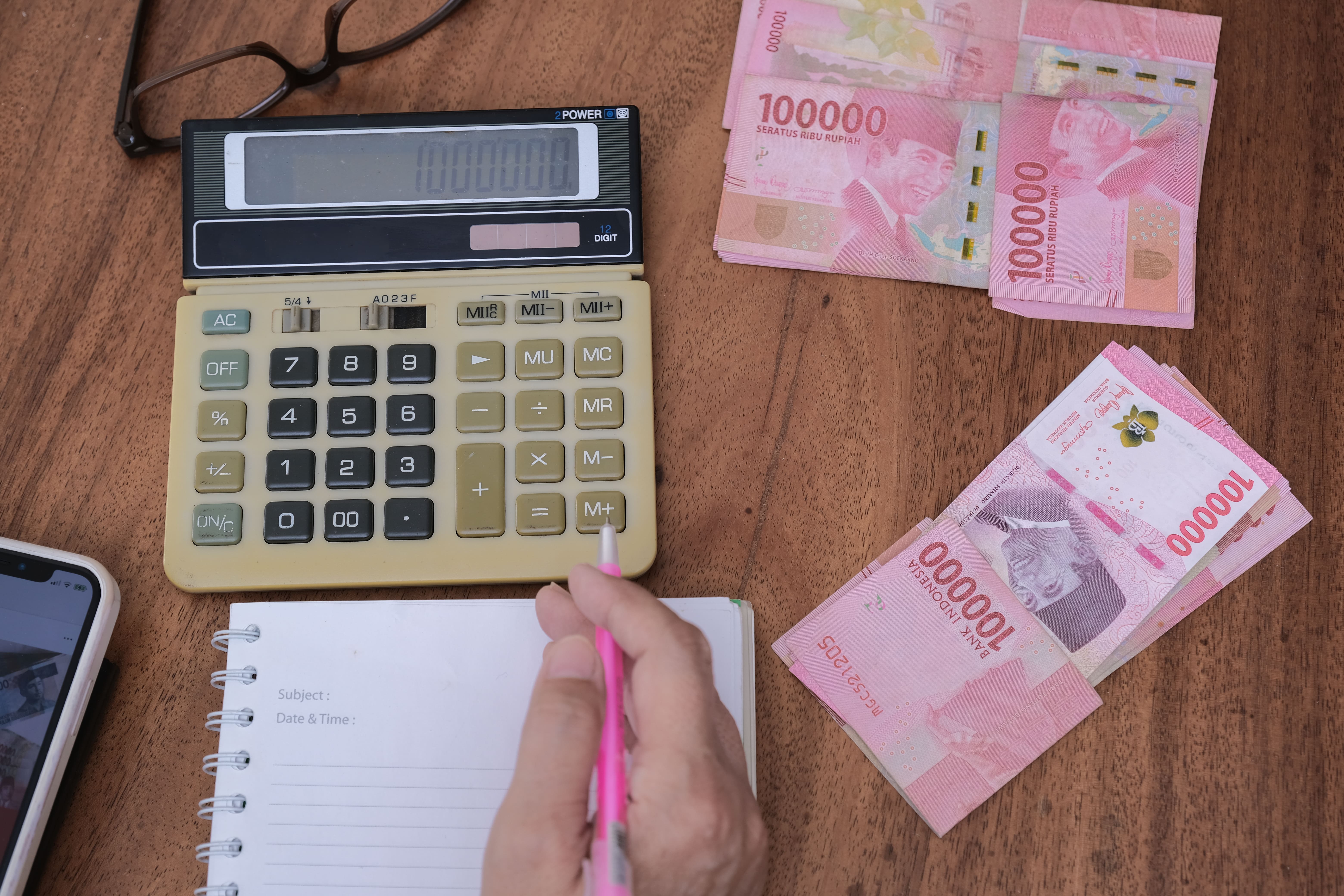What’s Better for Long-Term Stay in Bali: a Remote Worker KITAS or a D12 Visa?

Many foreigners planning a long-term stay in Bali often have to choose between the D12 visa and the Remote Worker KITAS.
Both allow you to stay in Indonesia for an extended period, but they differ significantly in terms of legal status, rights, and benefits.
Legal Status
The main difference between the Remote Worker KITAS and the D12 visa lies in your legal position as a foreigner in Indonesia.
The Remote Worker KITAS is an official residence permit that confirms your legal status in the country.
It grants nearly the same rights as other residents of Indonesia and allows you to live legally, work online for foreign companies or clients, and access services unavailable to holders of tourist visas.
The D12 (Pre-Investment Visa), on the other hand, is a temporary visa that does not grant residency rights and significantly limits your legal capabilities.
Its primary purpose is to allow foreigners to stay in Indonesia to study the market and prepare for opening a business—not for permanent living or remote work.
Advantages of the Remote Worker KITAS
Compared to the D12 visa, obtaining a Remote Worker KITAS offers far more opportunities:
the ability to open bank accounts in Indonesian banks;
apply for a Family KITAS for your spouse and children;
purchase and register a vehicle in your own name;
obtain an Indonesian driver’s license;
apply for visas to other countries directly from Indonesia.
All these benefits make the KITAS not just a visa but a comprehensive and secure solution for comfortable long-term living in Bali.
Legal Right to Work Online
Under the D12 visa, any form of work — including remote work — is prohibited.
In contrast, the Remote Worker KITAS allows you to legally work online for companies or clients outside Indonesia, fully complying with local immigration laws.
This distinction is crucial: immigration checks in Bali are conducted regularly, and even remote professionals on tourist visas risk fines or deportation.
Having a Remote Worker KITAS completely eliminates these risks.
Duration and Extensions
The D12 visa requires regular extensions or a visa run (leaving and re-entering the country) after 180 days.
The Remote Worker KITAS is issued for 12 months and does not require any extensions during that time.
If you wish to stay longer, it can be renewed for another year without leaving Indonesia.
Reputation and Visa History
Holding a KITAS helps establish a positive visa and residency history.
For consulates of developed countries, it serves as proof of stability and lawful residence — unlike tourist or temporary visas, which may raise concerns when applying for Schengen, UK, or US visas.
Cost
At first glance, the D12 visa appears to be the more affordable option.
However, when considering long-term living, the difference in cost becomes less significant.
D12 Visa: valid for 180 days at a cost of 7,500,000 IDR.
It can be extended for another 180 days for 7,000,000 IDR,
or replaced by a visa run (leaving and re-entering Indonesia), which also involves additional travel and accommodation expenses.Remote Worker KITAS: valid for 1 year and costs 15,000,000 IDR.
It requires no extensions, allows unlimited entry and exit from Indonesia, and eliminates the hassle of visa runs or tracking expiry dates.Conclusion
The D12 visa is a suitable option for your first winter in Bali or short-term stays.
However, if you’ve been living on the island for a while, work remotely, or have already used the D12 or other tourist visas, the best choice is to switch to aRemote Worker KITAS.
Moreover, we do not recommend overusing the D12 visa.
It is classified as a pre-investment visa intended for specific purposes — market research and business preparation.
Repeated renewals or reapplications may raise questions from immigration authorities about whether the visa is being used properly.
Legal Indonesia assists with obtaining all types of KITAS, as well as tourist and business visas in Indonesia.
Always work with trusted, licensed agencies to ensure your visa and stay are fully compliant with Indonesian law.















